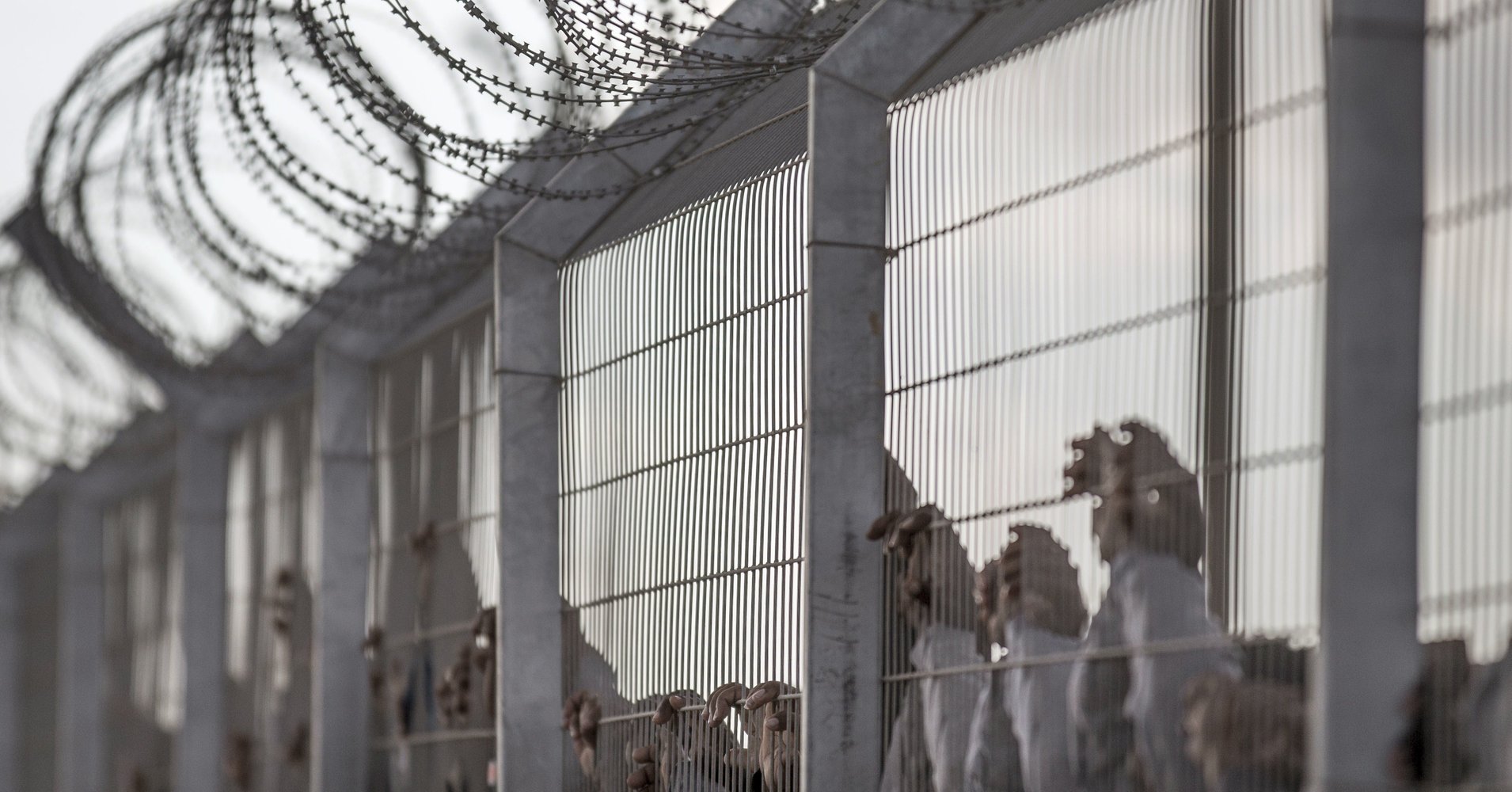Over 40,000 undocumented African migrants in Israel will soon face a grim choice: uproot their lives and leave now, or risk going to jail indefinitely.
The Israeli cabinet on January 3, 2018, approved a plan that would see the government give $3,500 to undocumented African migrants who agree to leave before the end of March. Those who remain in Israel by that deadline would face indefinite detention.
Israel’s interior minister and public security minister described the agreement as “two options: voluntary deportation or sitting in prison.”
An estimated 38,000 undocumented migrants currently live in Israel, many who are asylum-seekers that fled war and persecution in Sudan and Eritrea. The country has granted asylum to less than 1 percent of applicants since signing the 1951 Convention relating to the Status of Refugees. Israeli Prime Minister Benjamin Netanyahu has called African migrants “a threat to the social fabric of society, our national security, our national identity … [and] our existence as a Jewish and democratic state.”
Israel’s Population and Immigration Authority last week called on undocumented migrants from those two countries to leave “to their country or to a third country.”
The United Nations Refugee Agency expressed concern over the announcement when Israel’s Interior Ministry proposed it in November, noting that returning refugees in need would be a violation of international refugee law.
“As a party to the 1951 Refugee Convention, Israel has legal obligations to protect refugees and other persons in need of international protection,” Volker Türk, UNHCR’s assistant high commissioner for protection, said at the time.
Human rights groups in Israel said that they believe those “third countries” could be Rwanda and Uganda. Israel had previously engaged in negotiations with those countries to take in some of the Sudanese and Eritreans from Israel.
But on January 5, 2018, Uganda’s state minister for international relations, Henry Okello Oryem, called those reports “fake news.”
“We don’t know where that story is coming from. We don’t know why it keeps coming up,” he told The Associated Press on January 5, 2018.
“There were negotiations like three or four years ago between the two countries, but we never concluded on the matter,” Olivier Nduhungirehe, a Rwanda deputy foreign minister, echoed.
The plan officially proposed months ago, has received significant pushback from human rights groups and international organizations alike.
The contested plan is akin to “human trafficking and smuggling,” Teklit Michael, an asylum-seeker from Eritrea living in Tel Aviv, told the AP. “We don’t know what is waiting for us [in Rwanda and Uganda],” he added.
Another asylum-seeker living in Israel, 38-year-old Anwar Suleiman Arbab, crossed into the country via Egypt in 2008 after fleeing Sudan. He told the New York Times that he’s already been temporarily detained twice.
“If it’s between going back to Africa or to jail in Israel, I’ll go to jail,” he said.
The contested plan is akin to “human trafficking and smuggling.”Teklit Michael, an asylum-seeker from Eritrea living in Tel Aviv
Some 1,420 migrants in Israel are currently being held in detention centers, Reuters reports. The government has announced that it will soon close its Holot detention facility, where it houses many migrants. The Israeli Supreme Court placed limits on how long migrants could be incarcerated there, the Times reported, and authorities found it was not effective in encouraging them to leave Israel.
Filippo Grandi, the U.N.’s high commissioner for refugees, reminded Israel of its “painful history of migration and exile” in a statement last month.
“The majority of Africans who arrive in Israel have lived through extremely difficult conditions, violence and even forms of modern slavery,” he continued. “New generations must not forget that refugees do not flee out of choice, but because they don’t have any other choice.”
More than 60,000 African migrants arrived in Israel between 2005 and the end of 2012. In 2013, Israel completed construction of a 150-mile steel fence along its border with Egypt, designed to curb illegal immigration through the Sinai Peninsula. It quickly succeeded in a drastic reduction of border crossings. Netanyahu later boosted its effectiveness while praising U.S. President Donald Trump’s internationally condemned plan to erect a multibillion-dollar wall along the Mexican border for purported security reasons.
“The infiltrators have a clear choice — cooperate with us and leave voluntarily, respectably, humanely and legally, or we will have to use other tools at our disposal, which are also according to the law,” Netanyahu said Wednesday, using the derogatory term “infiltrators” to refer to African asylum-seekers.
He reportedly asked officials about the possibility of deporting them forcibly, according to a report from the Guardian this week.
Public protests demanding migrant deportations have been happening for years in Tel Aviv and beyond. In 2012, more than half of Jewish Israelis reportedly agreed with a statement that African migrants are “cancer in the body” of the nation, and over a third condoned anti-migrant violence, according to the Times of Israel.
Read more at HuffPost







